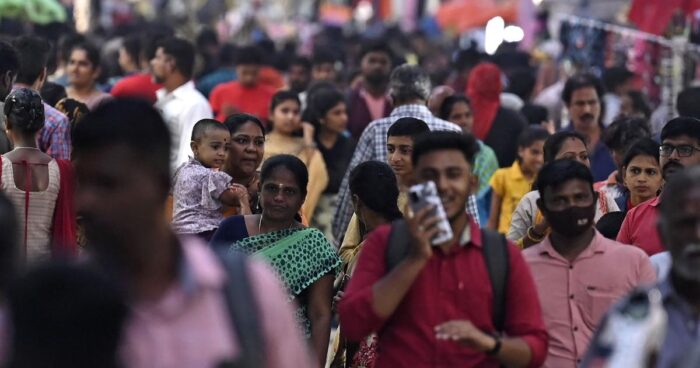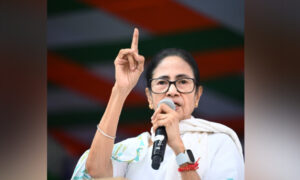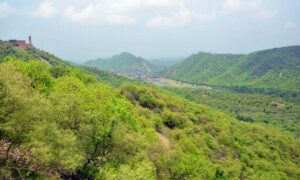
Image : Representational Purpose Only
Sixteen years after the last census in 2011, the government on Monday issued a notification for conducting India’s 16th census which will include caste enumeration in 2027.
The census will be carried out with a reference date of October 1, 2026 in the snow-bound areas like Ladakh and March 1, 2027 in the rest of the country, the notification said.
“The reference date for the said census shall be 00.00 hours of the 1st day of March, 2027, except for the Union territory of Ladakh and snow-bound non-synchronous areas of the Union territory of Jammu and Kashmir and the States of Himachal Pradesh and Uttarakhand,” it said.
In respect of Ladakh and snow-bound non-synchronous areas of the Union Territory of Jammu and Kashmir and the states of Himachal Pradesh and Uttarakhand, the reference date shall be 00:00 hours of the first day of October, 2026, it said.
The massive exercise, which is expected to cost the government over Rs 13,000 crore to give population-related data from across the country, will be conducted by about 34 lakh enumerators and supervisors and around 1.3 lakh census functionaries armed with digital devices.
Addressing the media in the capital, senior Congress leader Sachin Pilot hit out at the union government for no official mention about the caste census on Monday’s official notification announcing the delayed census. The caste census would meet the same fate as that of the Women Reservation Bill, which the government postponed even after it was passed in the Parliament, he said.
“Is the 2027 census being timed to engineer a new delimitation that benefits BJP-ruled states?” he asked. The Congress general secretary said that while India missed its scheduled census date of 2021, with the enumeration now having been pushed to 2027, there is no mention of a caste census in the notification.
Citing the Telangana model, he said that the state government issued a notification that explicitly mentioned the word ‘caste’. “The state government made it clear that it would carry out a household survey to assess social, educational, economic, employment, political, and caste-related parameters,” he added.


















